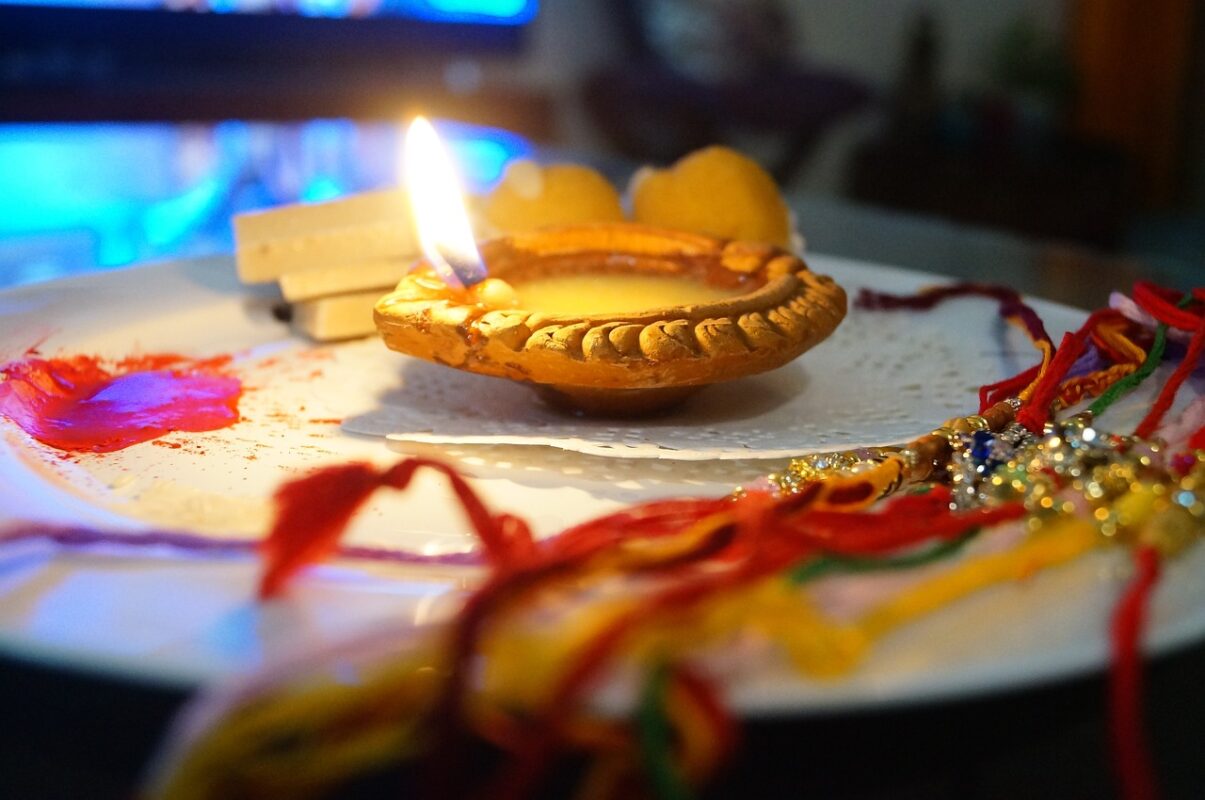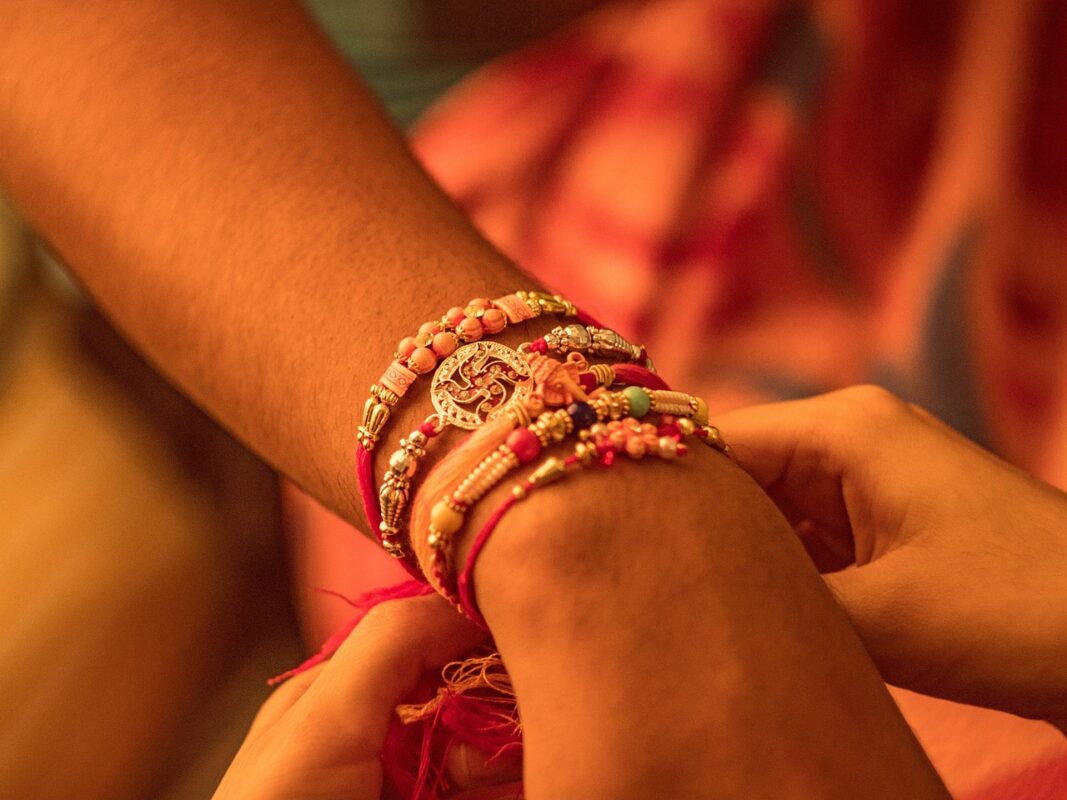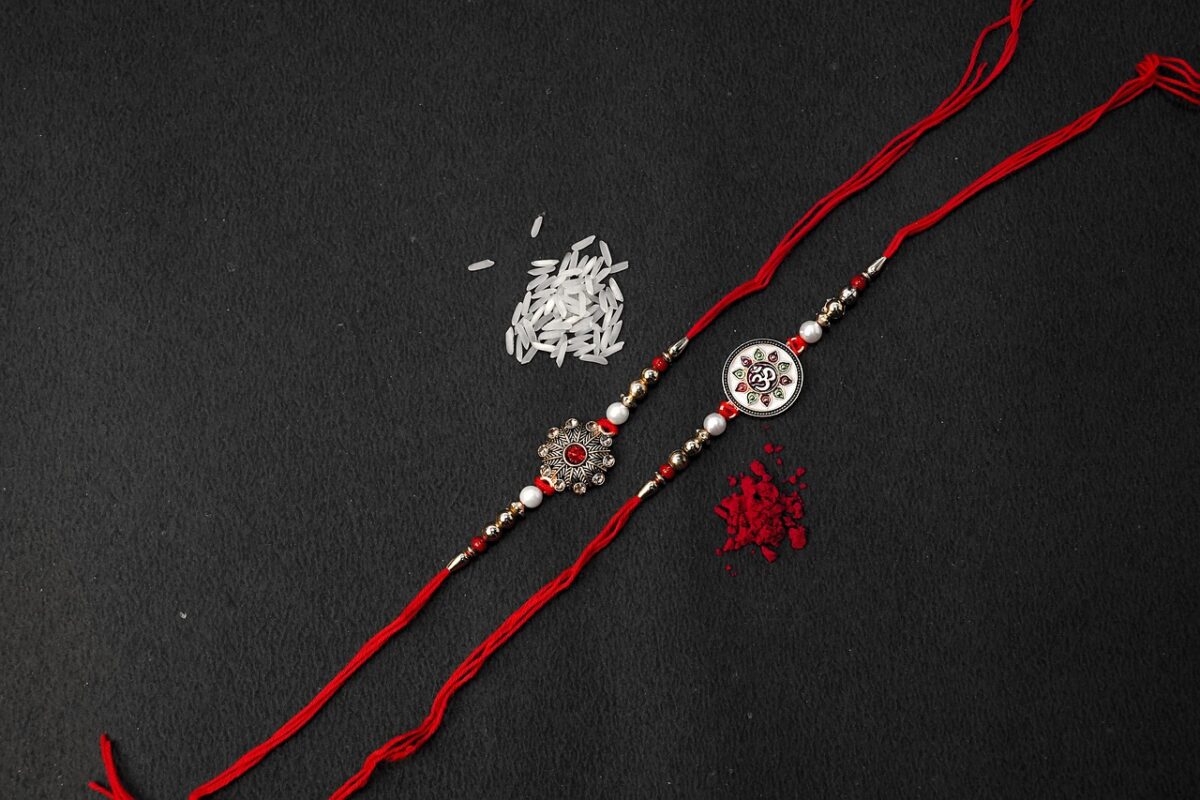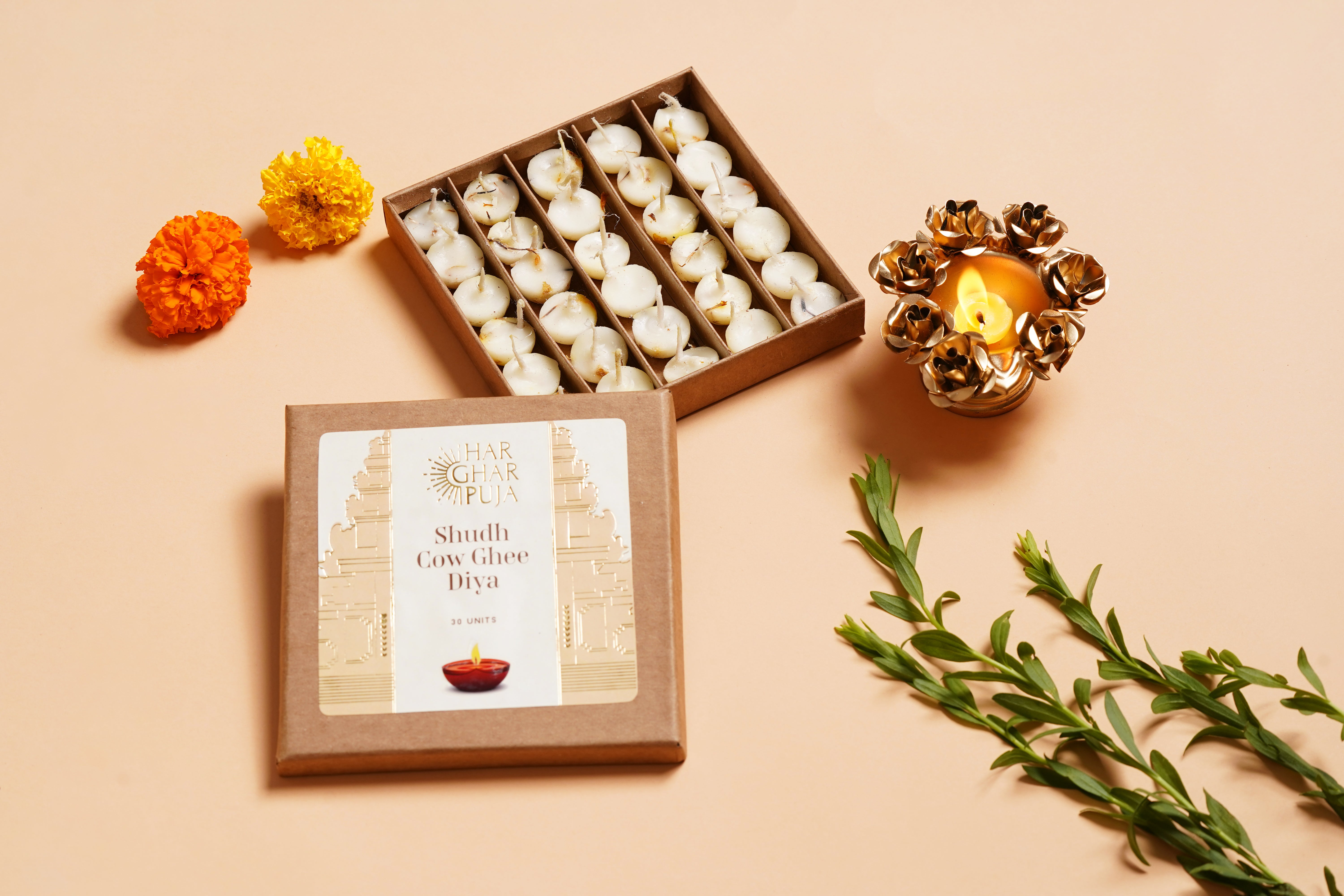Raksha Bandhan is a cherished festival that celebrates the profound and unbreakable relationship between brothers and sisters. In Sanatan Dharma, it holds a special place, often regarded as the “king of festivals” because it emphasizes the significance of relationships and highlights the unique role of a sister within the family. This festival is more than just the tying of a thread; it symbolizes the deep love, care, and mutual respect that define the bond between siblings.
Preparations and Traditions of Raksha Bandhan
On the day of Raksha Bandhan, it is customary for brothers and sisters to begin their day with a bath and then perform a prayer to seek divine blessings. This practice is believed to preserve the sweetness in their relationship and ensure the grace of God is always with them. In 2025, Raksha Bandhan will be celebrated on Saturday, 09th August. Raksha Bandhan Thread Ceremony Time will be between 05:47 AM to 01:24 PM
Here are some key practices to keep in mind for this holy day:
- Avoid using broken rice grains (Akshat) while decorating the Raksha Bandhan thali.
- As per Vastu Shastra, the brother’s face should not be towards the south while the rakhi is being tied.
- It is recommended that the brother faces north or east during the rakhi-tying ceremony.
- The use of black rakhi is discouraged; sisters should opt for vibrant colors instead.
- Roli, sandalwood, and akshat should be used for applying tilak, followed by performing an aarti for the brother after tying the rakhi.
- Reciting mantras while tying the rakhi enhances the protective power of the Raksha Sutra, as mentioned in the scriptures.

Mantra while tying Rakhi
येन बद्धो बलि राजा,दानवेन्द्रो महाबल:। (Yen baddho Bali Raja, Danavendra Mahabalah)
तेन त्वाम् प्रतिबद्धनामि रक्षे माचल माचल:।। (Ten tvam pratibadhnaami rakshe maachal maachalah)
This mantra translates to: “I tie you with the same Raksha Sutra that bound the great and mighty King Bali in the bond of righteousness. May this thread protect you and remain steadfast in every difficulty.”
The Significance of the Raksha Sutra
The Bhavishya Purana mentions that the Raksha Sutra tied on this day provides protection throughout the year by warding off diseases and negativity. Thus, wearing the Raksha Sutra is considered essential for spiritual and physical well-being.
The Unique Bond of Brothers and Sisters in Sanatan Dharma
In Sanatan Dharma, the bond between brothers and sisters is regarded as one of the most sacred and selfless relationships. The love shared between them is pure and unwavering, characterized by loyalty and mutual respect. Sisters give their affection without expecting anything in return, while brothers commit to protecting and honoring their sisters throughout their lives, standing by them in both joy and sorrow.

The Symbolism of Rakhi
Though the rakhi is just a delicate silk thread, it carries immense symbolic weight. It represents the unwavering and unbreakable bond between siblings. Rakhi serves as a medium to reinforce familial ties and promote social harmony.
The Meaning Behind “Raksha Bandhan”
“Raksha Bandhan” literally translates to “bond of protection,” where “raksha” signifies protection and “bandhan” signifies bond. On this day, sisters tie a rakhi on their brothers’ wrists, symbolizing their love, prayers, and wishes for their brothers’ well-being. In return, brothers promise to protect their sisters from harm.
Rituals of Rakhi Day
On Raksha Bandhan, brothers and sisters dress in traditional attire, reflecting the joy of the occasion. The sister begins by performing aarti, applying tilak on her brother’s forehead, and then tying the rakhi on his wrist. After this, she offers him sweets, and in return, the brother gives her gifts, marking the exchange of love and affection.
Mythological Tale: Draupadi and Lord Krishna
The Mahabharata narrates the story of the brother-sister relationship between Lord Krishna and Draupadi. When Krishna injured his wrist during the slaying of Shishupal, Draupadi tore a piece of her sari to bandage the wound. Touched by her gesture, Krishna vowed to protect her. He kept this promise when Dushasan tried to disrobe Draupadi in the Kaurava court, miraculously extending her sari to preserve her dignity. This story beautifully illustrates the essence of Raksha Bandhan, where a simple gesture of love translates into a lifelong bond of protection.
Raksha Bandhan is a timeless celebration of the deep love and trust shared between brothers and sisters. It’s not just about the ritual of tying a thread but signifies a commitment to support, cherish, and protect one another. The day is steeped in traditions like chanting mantras, following the right directions during the ceremony, and performing rituals that enhance the significance of the occasion. The thin thread of rakhi is a powerful symbol of unity, trust, and affection, strengthening both familial and social bonds. The mythological stories associated with Raksha Bandhan, such as Draupadi’s bond with Krishna, continue to inspire and highlight the enduring importance of this festival in contemporary times.







